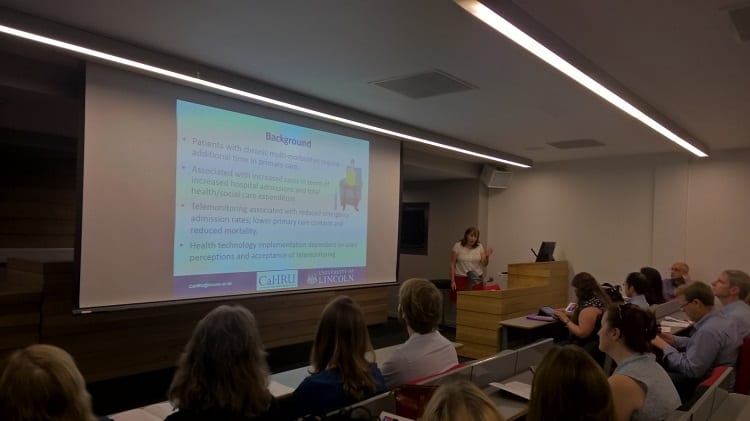CaHRU Newsletter (Autumn 2019)

The latest edition of the CaHRU Newsletter (Autumn 2019) was published in December 2019. The newsletter presents the work of the research centre over the past three months and includes articles from the CaHRU blog covering publications, conferences and funding. Continue reading CaHRU Newsletter (Autumn 2019)




